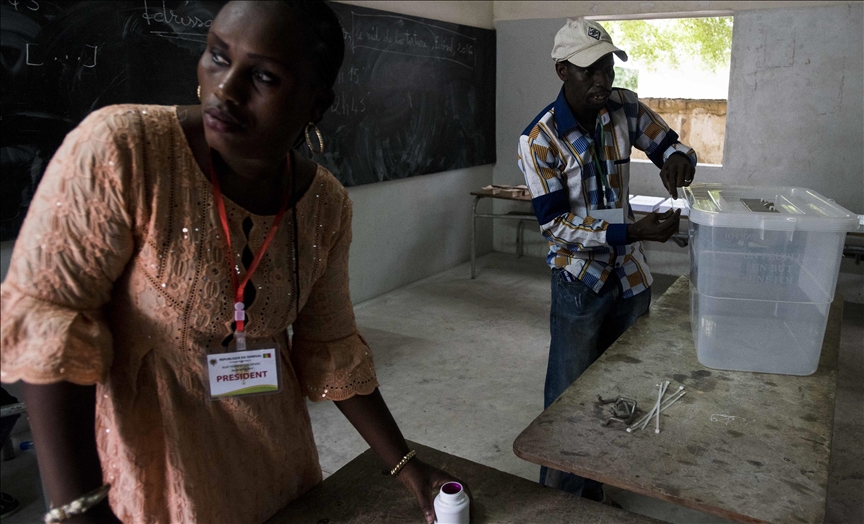Gambiaj.com – (DAKAR, Senegal) – Barely eight months after the election of Bassirou Diomaye Faye as president, Senegalese citizens are returning to the polls this Sunday, November 17, 2024, for early legislative elections. Over 7.3 million voters are set to choose among 41 lists competing for 165 seats in the National Assembly. This vote is anticipated to significantly shape the country’s political future.
Prime Minister Ousmane Sonko, leading the African Patriots of Senegal for Work, Ethics, and Fraternity (Pastef) list, seeks an “overwhelming majority” in the legislature.
His party aims to secure 150 out of 165 seats to advance Vision Senegal 2050, a comprehensive economic restructuring plan centered on regional development. The program envisions Thiès (west) becoming a hub for mining and agro-industry, while the South-East region transforms into a diversified economic zone.
In opposition, key figures like former President Macky Sall, former Prime Minister Amadou Ba, and Dakar Mayor Barthélémy Dias have chosen a coordinated approach despite running on separate lists. Sall leads the Takku Wallu Senegal (Together to Save the Country) coalition, Ba heads Jamm akk Njerign (Peace and Prosperity), and Dias fronts Samm sa Kaddu (Keep His Promise). The opposition has pledged to support the strongest list in each constituency to challenge Pastef effectively.
The campaign concluded on November 15, amid heightened tensions. Clashes in Saint-Louis (north) underscored the polarized political atmosphere. Barthélémy Dias, cleared by the Constitutional Council to run despite a conviction in the Ndiaga Diouf case, has emerged as one of the administration’s most vocal critics, accusing it of failing to honor key promises.
The election will employ a dual voting system: a single-round majority vote for 112 seats (97 for the national territory and 15 for the diaspora) and a proportional vote for 53 seats on a national list.
With 7,033,850 registered voters in 46 departments across Senegal and 338,040 in eight diaspora constituencies, key battlegrounds include Dakar (707,816 voters), Thiès (395,942), Pikine (391,278), and Saint-Louis (387,276).
General Jean-Baptiste Tine, Minister of the Interior and Public Security, reassured citizens during a visit to Touba in the Diourbel region that all electoral materials are in place. He announced a robust security presence comprising the police, gendarmerie, and army, with additional logistical support, including a standby aircraft for emergencies. He urged voters to cast their ballots peacefully.
International bodies have also emphasized the importance of a calm electoral process. Leonardo Santos Simão, UN Special Representative for West Africa and the Sahel, encouraged Senegalese voters to participate responsibly and called on political leaders to avoid divisive rhetoric.
Meanwhile, ECOWAS deployed an observation mission led by Ghanaian diplomat Francis Alex Tsegah, supported by a 90-member team. The mission has engaged with the electoral commission (CENA), government, civil society, and media to ensure transparent and credible elections.
As Senegal braces for this pivotal vote, the nation stands at a crossroads, with the outcome likely to influence its political and developmental trajectory for years to come.










